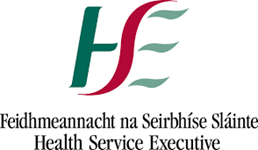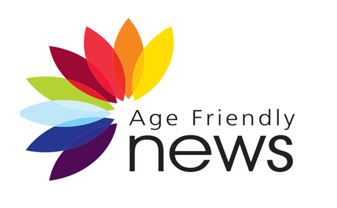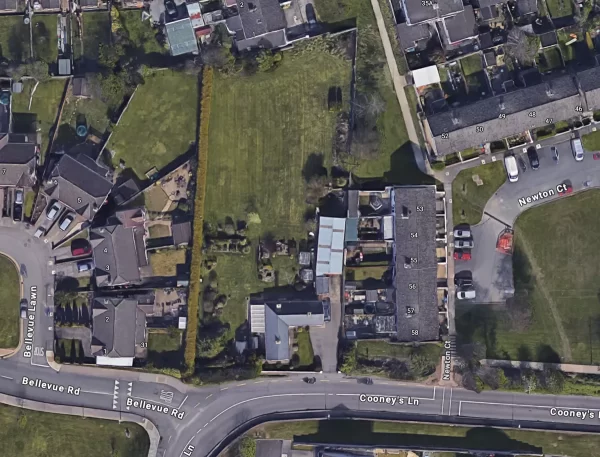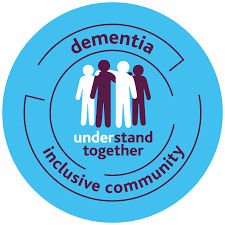The HSE has today (2 December, 2021) launched a number of supports to help people who have been bereaved. The global COVID-19 pandemic has had a major impact across the globe on our experiences of death, dying and bereavement. The way the virus spread, the restrictions imposed on travel (domestic and international), visits to healthcare settings; visits to residential and nursing homes, house visits, funeral arrangements – all impacted on death, bereavement and grieving.
Working with Irish Hospice Foundation and a range of partners, the HSE is promoting supports and services for people who may be struggling and dealing with issues responding to loss – and people trying to support those bereaved.
The supports include:
- Dedicated pages on HSE.ie
- Ongoing funding of the National Bereavement Support Line (Freephone 1800 80 70 77, 10am to 1pm)
- Hospital resource packs
- Commitment to funding five hospital-based Bereavement Liaison Officers to support bereaved families.
A broad public information campaign also begins today to help people understand their own grief and find support. It also provides advice for those supporting people dealing with a loss.
- Download a slide deck with information and messages on bereavement, loss and grief.
- Download social media images on bereavement, loss and grief.
It is important that we increase knowledge about bereavement support available. The National Bereavement Support Line 1800 80 70 77 is available from 10am to 1pm, Monday to Friday. It provides a confidential space for people to talk or get support about bereavement. There are also staff-specific resources available from the Employee Assistance Programme (EAP).
Campaign key messages:
- Grief is a natural process which occurs after a bereavement or other types of loss.
- Grief experiences are different for everyone. There is no right or wrong way to grieve.
- There are not five stages of grief, it ebbs and flows. Some feelings might come occasionally or catch you by surprise. Others might be more persistent.
- There is no time limit to grieve – it takes the time it takes.
- There are lots of ways to people can develop their own personal coping strategies.
- There is no hierarchy of grief. Grief is not time sensitive and it can trigger other grief.
- The Covid 19 Pandemic has made grieving more difficult for bereaved people. Bereaved individuals and families may not have their usual expected supports through bereavement, this is especially important considering older people that were cocooning and unable to visit loved ones.
- If your grief feels continuous for a long time, and your feelings get harder to cope with over time (rather than gradually easier), it is important to seek professional support and advice. Talk with your GP about how you are feeling – especially if your feelings get harder to cope with over time or if you feel prolonged agitation, depression, guilt or despair.


